| | | | December 2023 • Issue No. 19 | | The Latest at Harvard Law School's
Food Law and Policy Clinic | |  | I am thrilled to take this time to reflect on the past year at the Food Law and Policy Clinic (FLPC)! It has been a remarkable year of new partnerships, exciting policy initiatives and emerging opportunities to expand the work of the clinic. The FLPC team has continued to grow our work in the areas of Food Waste and Recovery, including globally through our Global Food Donation Policy Atlas, and domestically with the exciting launch of the Zero Food Waste Coalition earlier this year. Our team has continually worked to expand our Food Access and Nutrition portfolio, and this year we partnered with our sister clinic within the Center for Health Law and Policy Innovation to dive deep on expanding access to Produce Prescription Programs through Medicaid Managed Care. We have supported incredible community-led work through our Food Systems Justice focus area, like the work of our partners at Loiter who are working to build food sovereignty in East Cleveland. And our Climate and Sustainability portfolio has expanded advocacy for the next Farm Bill, for instance delivering this issue brief on agroforestry through our Farm Bill Law Enterprise. The team continues to teach, mentor, and work with our incredible students to advance food law and policy initiatives here in the United States and internationally, working alongside varied clients, partners, and collaborators to build an equitable and accessible food system for all. I am continually inspired by these amazing students and partners, who motivate me to try new things, be creative, and maintain our tenacity in the face of challenges. In addition to directing the work of FLPC, this year I have taken on a new role as Faculty Director of the Center for Health Law and Policy Innovation (CHLPI). It has been a year of learning, and I am incredibly grateful for the entire CHLPI team who have worked to make this a smooth transition and continue to support our shared vision for more equitable and sustainable health care and food systems. It was wonderful to welcome the new faculty director of CHLPI’s Health Law and Policy Clinic, Carmel Shachar, and it has been a joy to work closely with her in her new role as well. I am moving into 2024 with excitement, determination, and confidence that we will continue the excellent work for which CHLPI has come to be known. The year ahead is one that holds promise for the world of food law and policy, and I am excited to continue to engage with the incredible community we are building. Stay engaged with us by subscribing to our listserv and follow us on social media. We are committed to ensuring a more just food system that honors our right to food, ensures that food is healthy and safe, protects against environmental degradation, and bolsters local communities. Join us in making this vision a reality! With resolve for the journey ahead,  Emily Broad Leib,
Faculty Director, Food Law and Policy Clinic (FLPC)
Faculty Director, Center for Health Law and Policy Innovation (CHLPI) | | | | | | | | Recent Publications and Events | | 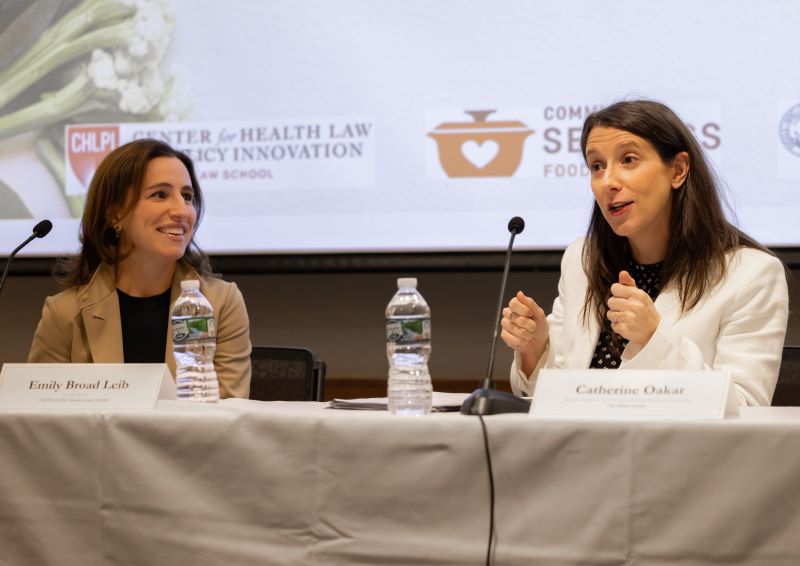 | 10th Annual Food is Medicine Symposium
Community Servings and the Harvard Law School Center for Health Law and Policy Innovation celebrated the growth and advancement of the Food is Medicine (FIM) field over the last decade with an October symposium that gathered FIM leaders from across 17 states. Keynote speaker Catherine Oakar, the White House Special Assistant to the President for Public Health and Disparities, joined Emily Broad Leib, the Director of the Harvard Food Law and Policy Clinic and the Center for Health Law and Policy Innovation, for a fireside chat about the inclusion of FIM in the 2022 White House Conference on Hunger, Nutrition, and Health Strategy and the progress made since the historic conference. | | 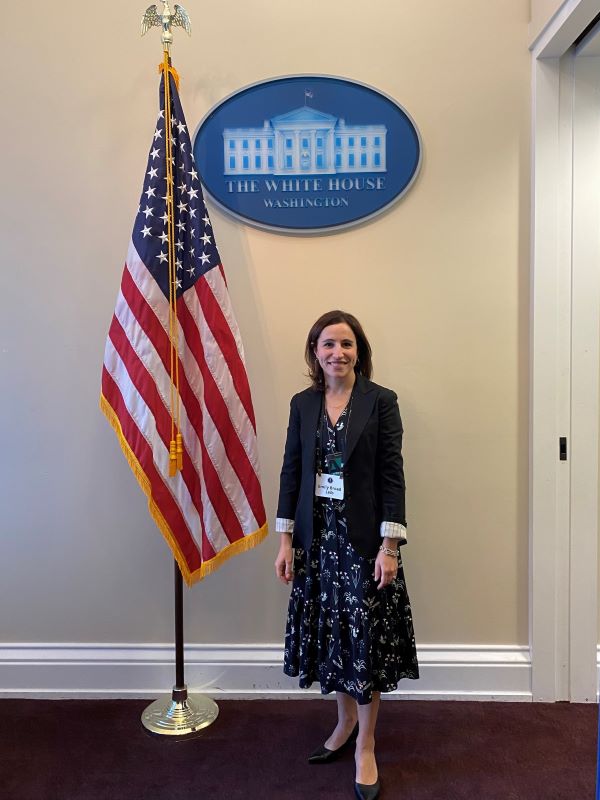 | PCAST Advancing Nutrition Science Workshop On Nov. 3, 2023, FLPC Faculty Director Emily Broad Leib made a presentation focused on nutrition investment and nutrition education for doctors to the PCAST Working Group members at the White House. The event convened relevant government agencies / departments and key stakeholders from the private and academic sectors to identify scientific opportunities, gaps, and priorities to continue to advance nutrition science, with a particular emphasis on ensuring equitable access to the benefits of research. The event provided an opportunity for PCAST Working Group members and stakeholders to discuss possible strategies and recommendations that PCAST could make to the President. | | 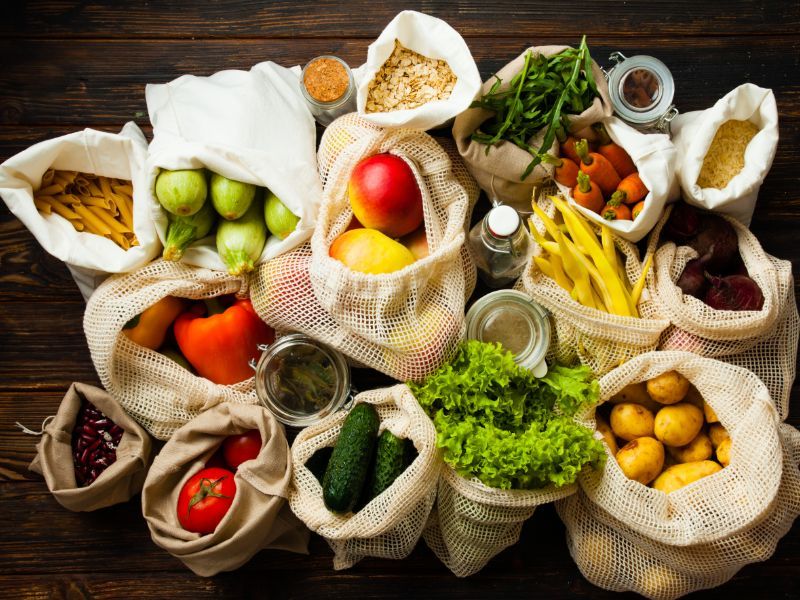 | 2023 Food Waste Solutions Summit Western North Carolina Food Waste Solutions hosted its third annual summit, gathering businesses, nonprofit organizations, and academic leaders to foster collaboration and identify solutions to reduce local food waste. Clinical Instructor Heather Latino presented at the November summit along with long-time FLPC partner Professor Alice Ammerman from UNC-Chapel Hill. Their presentation, Policy in Action – Tools, Programs and Partnerships that Advance State Level Policy, offered a deep dive into food safety research and initiatives supporting efforts to address food waste in North Carolina and across the U.S. | | 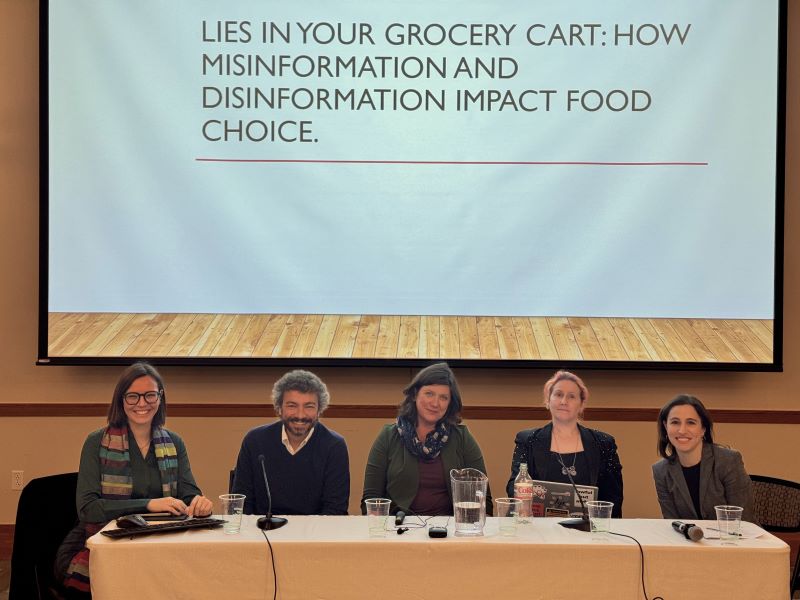 | Lies in Your Grocery Cart: Panel Discussion On Nov. 30, in partnership with the Harvard Radcliffe Institute and the HKS Food and Agriculture PIC, FLPC hosted an event titled "Lies in Your Grocery Cart: How Misinformation and Disinformation Impacts Food Choice." The event explored the tangled web of food misinformation to understand how fake news and misinformation impact consumer choice.
Speakers were Massimo Polidoro, Visiting Associate, Harvard Department of the History of Science; Erica Kenney, Harvard T.H. Chan School of Public Health; Rebecca Tushnet, Harvard Law School; and Beatrice La Porta, Fulbright Schuman Visiting Scholar, FLPC. The event was moderated by FLPC Faculty Director Emily Broad Leib. | |  | International Food Security Treaty The Harvard Law School Food Law and Policy Clinic and the Harvard T.H. Chan School of Public Health cohosted a seminar on World Food Day featuring John Teton (Harvard ’70), founding director of the International Food Security Treaty Association, followed by an interdisciplinary panel. | |  | Protecting the Value of Food™ Roundtable Harvard Food Law and Policy Clinic Fellow, Tori Oto, joined Divert’s August roundtable discussion on wasted food regulations. The roundtable aimed to increase awareness around regulation of wasted food at the federal and state level to allow participants to better navigate relevant policies while building a culture of sustainability. | | 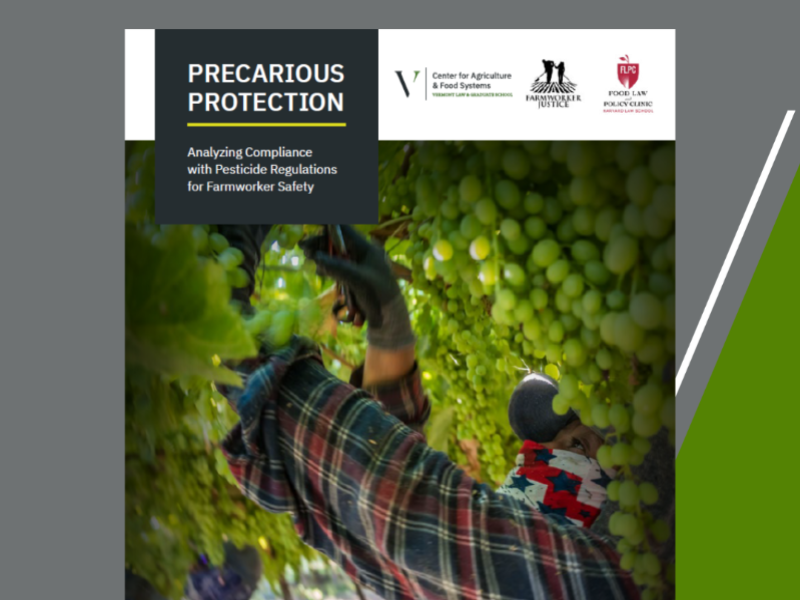 | | | | 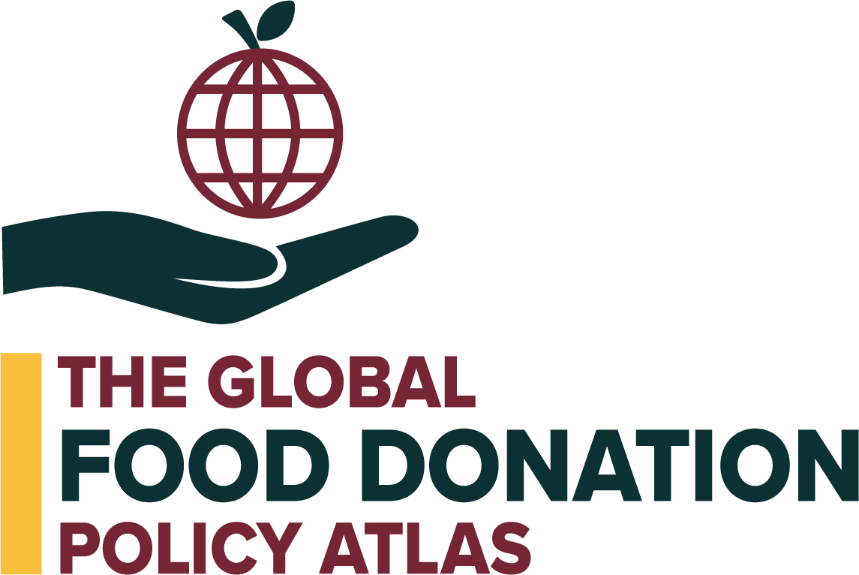 | New Website for the Global Food Donation Policy Atlas FLPC and our partners at The Global FoodBanking Network have launched a new website for The Global Food Donation Policy Atlas. The new site has refreshed branding, improved user experience and information architecture, and a more interactive map. These features better serve our audiences and partners and highlight Atlas policy solutions to alleviate hunger and reduce food loss and waste following COP28. | |  | | |  | Atlas Team Travels to Mexico In November, the Global Food Donation Policy Atlas team that has been working with Bancos de Alimentos de México (BAMX), a network of 57 food banks throughout Mexico, traveled to Mexico City to meet with the BAMX team and its in-country partners. The Food Law and Policy Clinic’s four-person team, including two law students, has been working with BAMX to identify strong and innovative state-level food donation policies that can serve as models for future policy change and to explore other legal or regulatory changes that could increase the donation of safe, edible surplus food while decreasing food waste in Mexico. | | 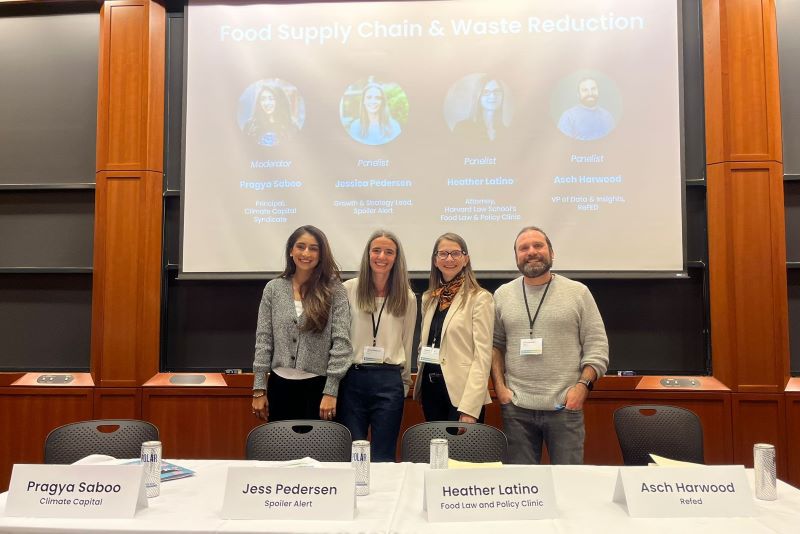 | Climate Symposium 2023 Clinical instructor Heather Latino discussed food supply chain and waste policy measures, including the need for federally standardized date labels to reduce consumer confusion and increase food donation, at the 2023 Harvard Business School Climate Symposium. Heather and her fellow panelists explored businesses’ role in addressing food waste in the U.S., where nearly 40% of the annual food supply goes unsold or uneaten, costing $444 billion each year, and generating 380 million metric tons of greenhouse gas emissions. | | 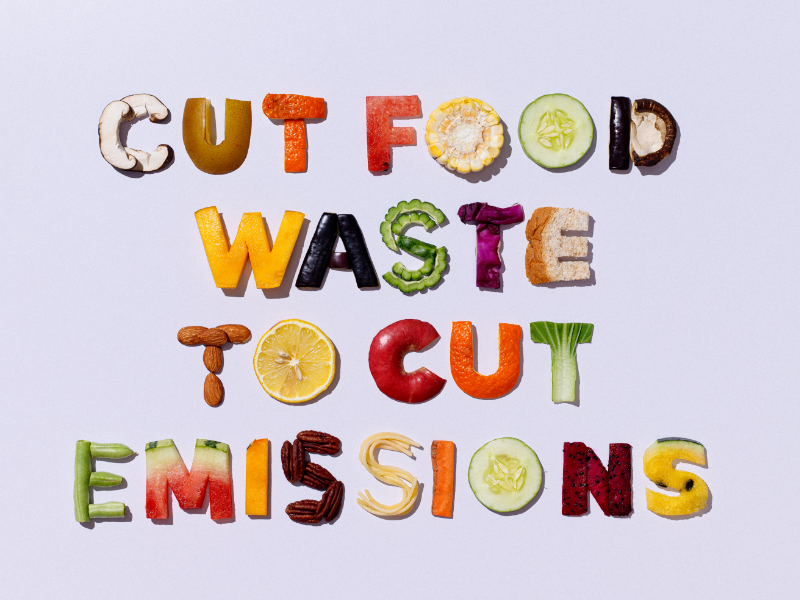 | Reducing Emissions from Waste Disposal In August, Clinical Instructor Heather Latino spoke about the critical role of state food waste policies in reducing methane emissions at a gathering of the Re-Amp Network, a collaborative of Midwest organizations working to equitably eliminate greenhouse gas emissions in their region by 2050. | | 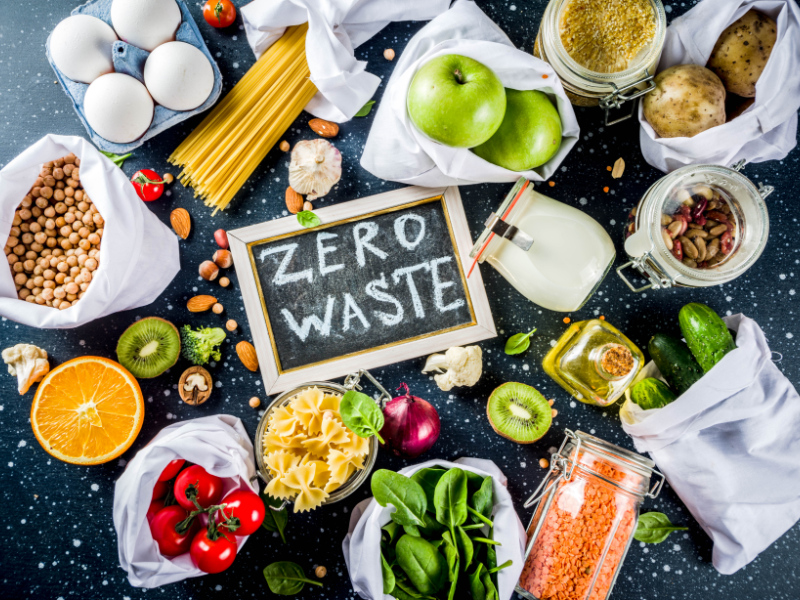 | | |  | Asia Pacific Economic Cooperation Clinical Instructor Trevor Findley attended the annual meeting of Asia Pacific Economic Cooperation’s (APEC) Agricultural Technical Cooperation Working Group in Seattle, Washington to share FLPC’s research and analysis of food donation laws and policies around the world and the Global Food Donation Policy Atlas, which features an interactive map allowing users to compare policies across countries. | | | | | | | | | | | | | | | | | | Join Our Team! Check out these new job openings for law school students and recent graduates: | | | | | | | | | | | | | | The Harvard Law School Food Law and Policy Clinic (FLPC) serves partner organizations and communities by providing guidance on cutting-edge food system issues, while engaging law students in the practice of food law and policy. FLPC’s work focuses on increasing access to healthy foods, supporting sustainable production and regional food systems, promoting community-led food system change, and reducing waste of healthy, wholesome food. FLPC is committed to advancing a cross-sector, multi-disciplinary and inclusive approach to its work, building partnerships with academic institutions, government agencies, private sector actors, and civil society with expertise in public health, the environment, and the economy. Learn more about FLPC. | | | | | | | | | | | |